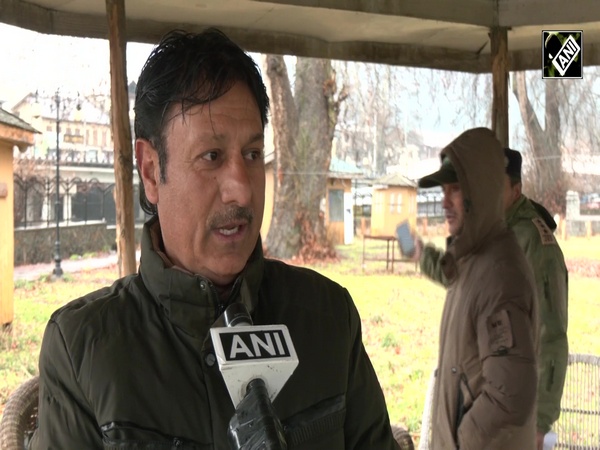APS tragedy is 'still a bleeding wound', says former president Asif Zardari
Dec 16, 2021

Islamabad [Pakistan], December 16 : Former Pakistan president Asif Ali Zardari has slammed the Imran Khan government for failure to implement the National Action Plan (NAP) against terrorism, adding that APS tragedy is "still a bleeding wound."
On December 16, 2014, six terrorists affiliated with the Tehrik-i-Taliban Pakistan (TTP) attacked the Army Public School in the northwestern city of Peshawar. 147 people, including 132 children, were killed in the attack.
"The National Action Plan was a promise to punish terrorists. Unfortunately, the promise to the nation has not been fulfilled, " he stated in a message on the seventh anniversary of the tragic APS Peshawar attack, as quoted by Geo News.
This comes as Imran Khan government is holding negotiations with the TTP, which has resulted in widespread criticism from the opposition parties.
Zardari said that until criminals are apprehended, the country will continue to owe the "innocent martyrs." Former Pak president said that the APS tragedy is "still a bleeding wound." According to the former president, if given a chance, these terrorists would be "apprehended" and "sentenced to death".
The Pakistani Taliban, which is engaged in talks with the Imran Khan government, is yet to show any remorse for the 2014 Peshawar school massacre, according to Dawn.
The Pakistani newspaper also had raised questions over the lack of transparency over the terms on which these negotiations with the TTP. It also pointed that there is little to suggest that the terror outfit is ready and willing to relinquish its violent ways.
Last week, TTP announced it would not extend the month-long ceasefire as it accused Islamabad of failing to fulfil its obligations under the agreement.
"Firstly, the removal of the name of the TLP... as a proscribed organisation has set a dangerous precedent in the country, as it came days after its violent protest march to Islamabad. This bizarre move will only strengthen extremists and anti-state elements in the country," Sehar Kamran, head of the Center for Pakistan and Gulf Studies think tank, told Russian news agency Sputnik.



















